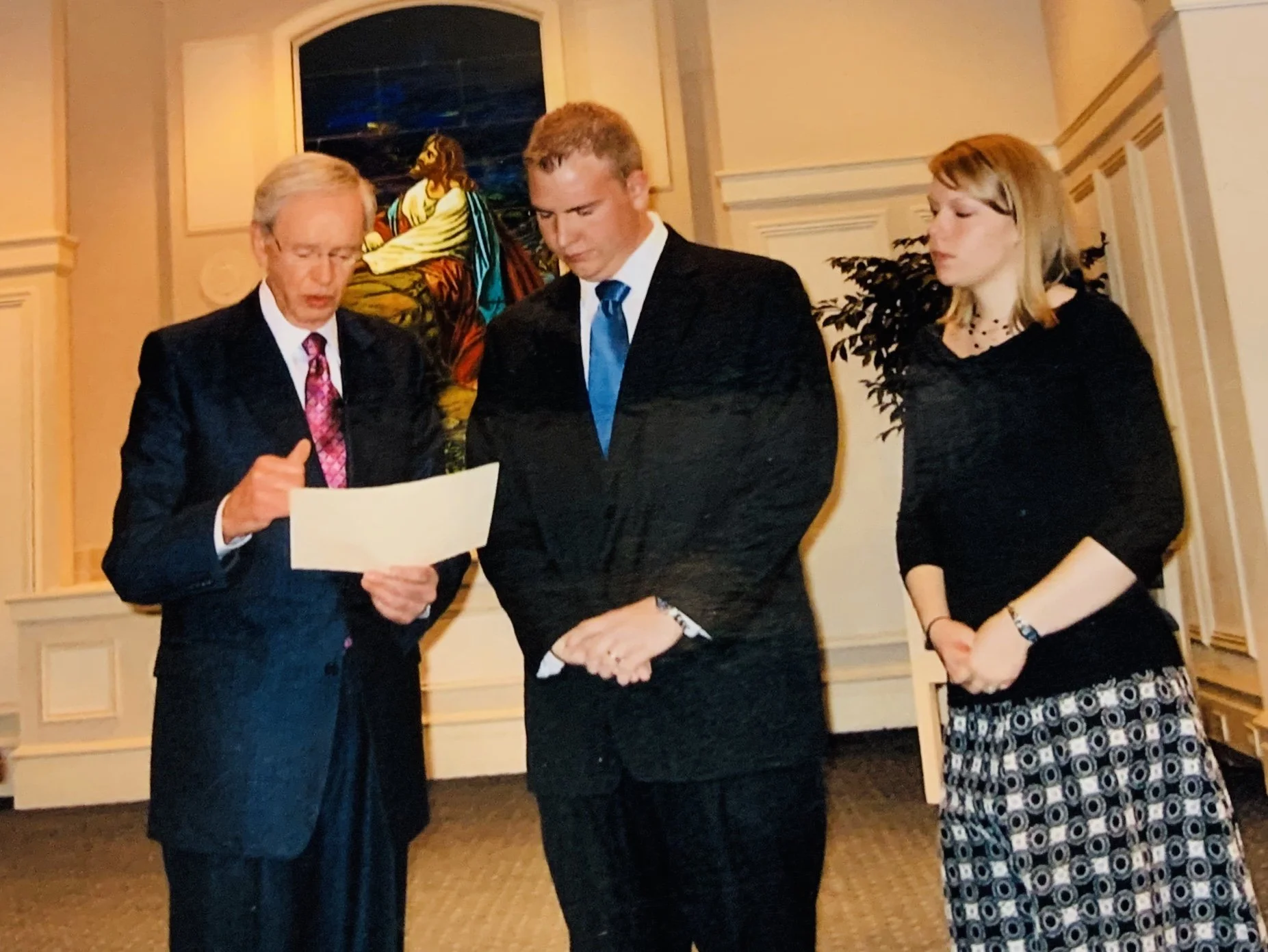March 22, 2024, marks 15 years since my ordination at First Baptist Atlanta. This special occasion marks my first ordination without having my ordaining pastor, the late Charles Stanley, who died in April of 2023. I am forever grateful for the influence of First Baptist Church, Atlanta, and my pastor; they have left an indelible mark on my life. The seeds sown during the earliest days of ministry continue to bear fruit. This past year, particularly, saw much of the fruit sown from those early days come to bear.
Words are difficult to capture the difference this past year has meant for me in my walk with the Lord. I was not expecting the death of my ordaining pastor to impact me as much as it did. As far as I know, I stand last in a long line of men ordained into the gospel ministry under Dr. Charles Stanley's time at First Baptist. This fact only increases the weight of the moment, as I continually feel a sense of responsibility. Such a weight has thrust me into deeper fellowship with the Lord. I desire him now more than ever, and I want to be faithful to carry out, in his power, the charge given to me that day 15 years ago.
In what follows, I will catalog some personal growth points. Some are more visible than others, but God is witness to the difference he is making in my life.
A Clearer Way to Read the Bible
As I sat under Charles Stanley's preaching, I was unaware that he was teaching me to read the Bible. Charles Stanley's unique method of preaching, influenced heavily by the first Bible he received from his Grandfather, the Thompson Chain Reference, demonstrated what I would later learn as a Christ-centered reading of the Bible.
The Bible is not a book of stories to make us better people; it presents Jesus Christ and teaches us how to have life in his name. Each story proclaims Christ. Therefore, our reading (and, of course, our preaching and teaching) must be tethered to the cross.
These thoughts were reinforced while at seminary, in particular under the teaching of Steve McKinion. [At this point, the story of God's providence takes an amazing turn I came to realize last year.] McKinion introduced me to Thomas Torrance. Thomas Torrance had a PhD student named Charles Ryrie. Charles Ryrie was very influential in the development of the theology of Charles Stanley. These men have one overarching theme of their ministry - the Christ-centered reading and teaching of the Bible. All along the way, with an undercurrent of divine grace, God gently directs my path. Thankfully, I don't have to be totally aware of this, he just does it!
The more I preach, the longer I study, the more I realize Jesus' people, who are led by the Spirit, love the Bible and, therefore, will not long put up with a teacher or preacher who treats the text like a historian or archeologist. These Spirit-led people who love the Bible approach it like the Bereans who say, “We will see Jesus.”
All along the way, and some have called me to a different path, God has sustained me, guiding my interpretation of the Bible to ensure that I present the living Christ through the Spirit-inspired Word, which is living, active, and sharper than a two-edged sword.
The preacher's task is to preach Christ. The purpose of the Spirit-inspired text is to mediate Christ to us. In other words, Christ is known to us through the text. This fact should bolster our confidence when we preach Jesus.
A More Consistent Way to Prepare Sermons
The congregation does not have the benefit of having the extra source material it takes to prepare a sermon, but they do have Scripture. My commentaries and study material are there to prepare and sharpen my thoughts, and the best study material will both press me into the text and press the text into me.
As Charles Stanley used to teach us, he felt he could not preach a text unless God had first worked the truths into his own life. I have learned that doesn't mean we must limit our preaching, but it does mean a commitment to live by the text. In other words, I have to have the trusting disposition that allows the text to have its proper place of authority over my life. In other words, I must be an authentic recipient of amazing grace and let that authenticity show. Usually, such authenticity shows itself in delight! Can the congregation see my delight? I am not so much tasked to preach myself; I am tasked to preach Christ. However, I can only preach Him if I know Him. Authentic living gives the preacher power in the pulpit.
Since the people in the pews have the Bible, the preacher should ensure his preaching is tied to the text in front of them and not tied to the extra source material they never see. If the people can't see it clearly in the text, it does not belong in my sermon. In other words, let the text be what it is - God's Word, or, as Spurgeon used to say to preachers, “Let the Lion loose.” Yes, interpretive clues matter, but don't lose the forest for the trees. Remember what the purpose of the Bible is, or better yet, remember who the Bible is about and preach Him. Don’t preach with good intentions; preach Christ as clearly as possible.
Preachers from old used to say, "That will preach." What did they mean? They meant there was something about that text that stirred their heart for Christ and his gospel. Those heart-warming moments, like the disciples' experience on the road to Emmaus, are what the preacher is after. I am not after a history lesson (though history has its place); I am not primarily teaching grammar (though grammar has its place); I am not even teaching theology (meaning the bare facts that anyone can accept); I am presenting Christ.
The only way to preach Christ is through history, with grammar and proper theology. But, I can do all those things and still not have a heart-stirring, convicting moment where truth makes its way home into a person's life. My aim, in other words, as Paul told the Colossians, is to proclaim Him. Not about him, but him. Faithful preaching presents the living and ascended Lord seated at the Father's right hand, who mediates himself to us through the Spirit-inspired Word.
A More Compelling Way to Preach
I was one day skimming through one of Charles Stanley's old Bibles in his office. These words were written in the front.
More prayer. Less notes. More power. Greater Results
I resisted preaching without notes for many years. In some way, I can see God's hand in my resistance. The discipline of manuscripting my sermons for the first decade helped me ensure my thinking was clear and logical. Finally, after much personal conviction, I put away the manuscript. Putting away the manuscript forces me to internalize the text deeper, depend on the Spirit more, and pray much more fervently.
I have noticed that my preaching without notes is more engaging with the congregation and more tied to the text in front of them - the Bible. In this way, I am focused on bringing them along with me instead of finishing the manuscript regardless of who is left with me. By the way, I can now sense better if they are not with me in a way I was less aware with my manuscript.
A More Compassionate Preaching
I realize preaching without notes is not for everyone, but every preacher should have, as a non-negotiable, our commitment to teach people the Bible. In a documentary after Charles Stanley's death, his son Andy said something that stuck out to me. He said many people are fine teaching the Bible to people, but my Dad taught people the Bible. That statement summarizes the feeling I had when I sat under the preaching of Charles Stanley. I felt like I understood the Bible and never felt like I left thinking he was a great preacher, but the Bible was a great book! That is the kind of preaching I want the people the Lord has called me to have. I want them to come away feeling confident they can understand the Bible.
I want to teach people the Bible, not teach the Bible to people.
Convinced Preaching
I expect souls to be stirred, lives to change, and sinners to be saved. In one of Dr. Stanley's Bible's, he had a prayer written.
Anoint me with your Spirit, Lord, for this strategic hour, That I may preach your holy Word with Pentecostal power.
Then, he provided some commentary.
Pentecostal power is the same power that brought about the supernatural change in the hearts of those who heard the gospel on Pentecost. Preaching in the same power is anticipating the same results: salvation, signs, wonders.
Wow! What a challenge for me and every preacher. Do I depend on his anointing? Do I expect his results?
Preaching With Conviction
My final reflection comes after a recent revisit to a book Charles Stanley said was influential in his own life - They Found the Secret. After seminary, I was dismissive of the book. That is until I picked it back up and saw the forward by Walter Elwell. That name was familiar, and then, looking across my bookshelf, I saw a celebrated book I was introduced to while in seminary, The Evangelical Dictionary of Theology, edited by Walter Elwell. It was as if a loop was closed for me. My dense, thick-headedness was being undone by a heart being warmed by a God who was discontent to let me figure things out on my own. Instead, as we used to sing, "he leadeth me."
In the book They Found the Secret, one story stuck out for Dr. Stanley, and to no surprise, it stuck out to me - the life of Hudson Taylor. The "secret" the book talks about is what I came to learn as "the exchange life principle." Using Galatians 2:20 as a critical text, the exchange life principle refers to the reality the resurrection, ascension of the Lord, and the Spirit bring about for our lives. As the Bible says in Galatians 2:20, I have been crucified with Christ; it is no longer I who live but Christ who now lives in me (exchange), and the life I now live I live by faith (life) in the one who loved me and gave himself for me. The exchange life principle is supported by another text, John 15:5, where Jesus says he is the vine and we are the branches; apart from me, you can do nothing.
These two passages were repeated, reiterated, and reinforced at my ordination service. My preaching must depend on the power of the Holy Spirit! Hudson Taylor had a saying, a saying Charles Stanley put as the nameplate on his desk, a quote that I lean upon regularly:
Bear not a single care thyself; one is too much for thee. The work is mine and mine alone; thy work to rest in me.
This quote expresses the exchange life principle.
Conclusion
As you can see from this reflection, the Lord is preparing me for tremendous growth. That means, “he ain’t done with me yet.” I am thankful. The current fruit in my life took 15 years to bloom. I am looking forward to the next blooms and am sowing more seeds.
Preaching takes a lifetime of preparation. Waste no time in your pursuit of him.
I will end with one more note from Dr. Stanley's Bible:
"Your work is valuable. Your reward is eternal."
Click here to read my reflection, 10 Years After Ordination.

